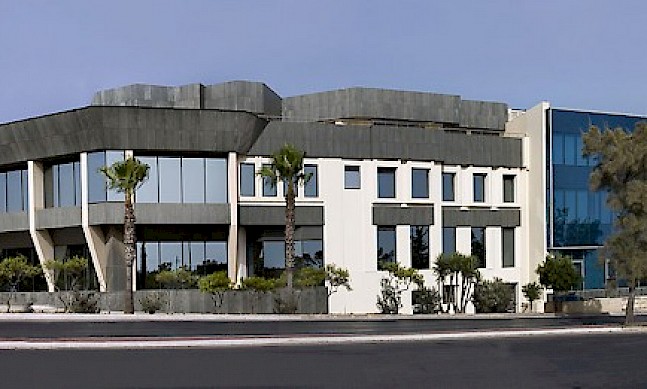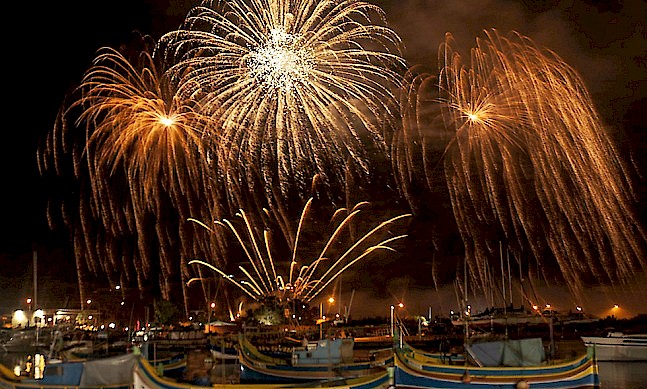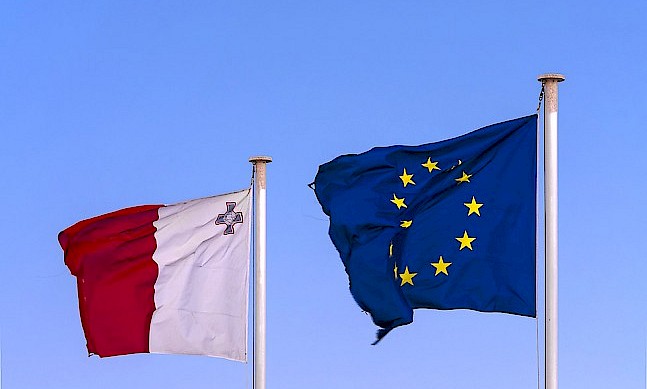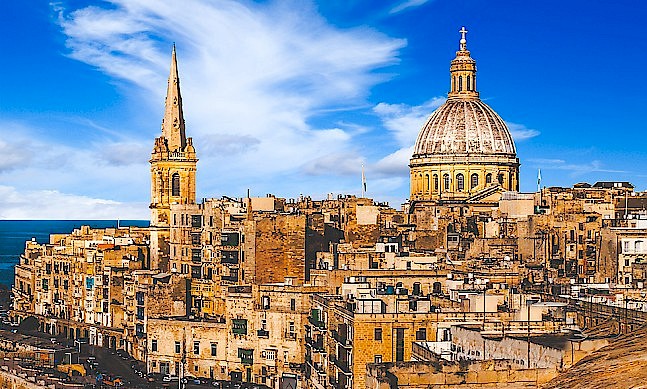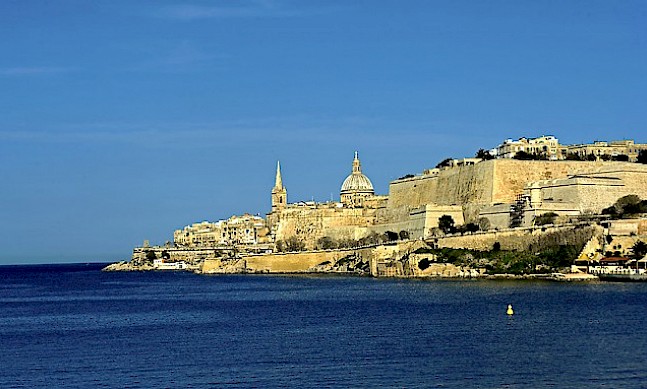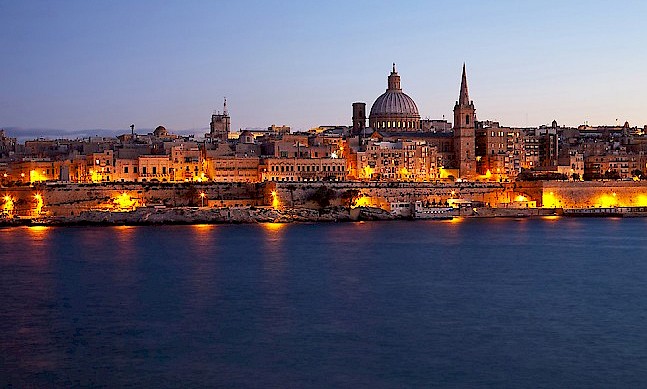Malta’s geographical position, equidistant from both the Straits of Gibraltar and Suez, and from North Africa and the southern tip of Italy, provides the reason why it cannot be but a maritime economy.
Malta has long been a trading post. Our harbours once played host to the galleons of the order of St. John, and later various mercantile vessels moored in the Grand Harbour which would ship goods around the Mediterranean basin. The British period in Malta saw the construction of our dry docks in a number of creeks in Grand Harbour, making Malta an important repair stop for the British naval fleet. This led to tremendous growth in the ship repair industry and associated trades in between the two World Wars.
The ship repair facilities available in Malta today are varied and cater for anything from 300 metre vessels to super yachts. We have also seen the establishment in Malta of important international players such as Oiltanking, who have invested in storage facilities, as well as the growth in bunkering services to vessels passing by en route to Suez or to Gibraltar, providing the added advantage of avoiding any deviation from the contractual route.
Today, offering a number of marinas catering from the smallest to the largest super yacht, Malta offers first-class services backed by chandleries, suppliers and other service providers. Another important feather in the cap of maritime Malta is the International Maritime Law Institute (IMLI). This institute was set up in 1989 under the auspices of the International Maritime Organisation in collaboration with the government of Malta and has attracted hundreds of students from the four corners of the globe.
“Maltese law gives owners and financiers of Maltese-registered vessels a huge degree of comfort.”
Ann Fenech Managing partner of Fenech & Fenech Advocates Malta
Post ThisBut the cherry on the cake of maritime Malta is its flag. The Maltese flag has risen slowly but surely to become the largest flag in Europe with over 55 million tonnes registered. Contributory factors to this success include Malta’s whitelisting on the Paris Memorandum of Understanding (MoU), its membership of the International Maritime Organisation’s (IMO) legal committee and the “can do” attitude of its regulator.
However, one of the most important reasons to my mind is that the entire maritime sector is supported by a very robust legal system having its roots historically in Roman law but which has been, since the 1800s, heavily influenced by British statutes. Maltese law gives owners and financiers of Maltese-registered vessels a huge degree of comfort: in the event of an owner’s default, the law allows the financier to enforce his mortgage straight away by virtue of either a court-approved private sale or a judicial sale without lengthy legal procedures. This is also an advantage to owners, because it enables them to raise finance given the stability and solidity of our legal structures, now tried and tested through the latest most trying financial recession of 2008 through 2013, from which Malta proudly escaped unscathed.





